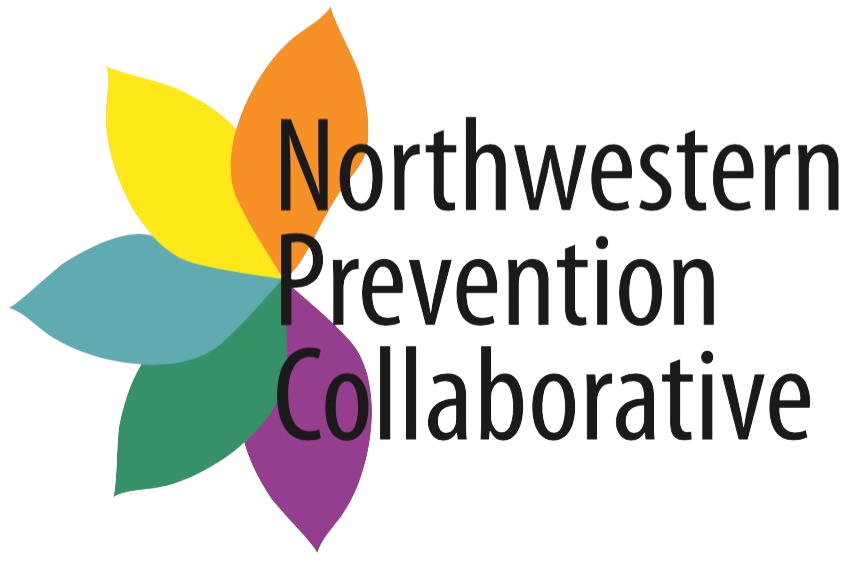We spend a lot of time talking about Adverse Childhood Experiences (ACEs), because developing an understanding of how those experiences impacted and continue to impact us personally is the first step in recognizing our own triggers. That understanding informs our interactions with others, and also gives us a different perspective about the attitudes and actions of those around us.
But while it is critical to understand ACEs and how they impact our mental and physical health, it is just as important that we focus on building resilience through Positive Childhood Experiences (PCEs) and other protective factors. These will build resilience, and resilience overcomes ACEs.
What Are Positive Childhood Experiences (PCEs)?
According to the American Society for the Positive Care of Children, PCEs “stem from safe, stable, nurturing relationships and environments, and have the power to prevent or protect children from traumatic events, toxic stress, or Adverse Childhood Experiences (ACEs).”
The good news is that you can build PCEs for your child each and every day. This isn’t about buying expensive gifts, taking extravagant trips or filling up their calendars with tons of activities. Money does not define your ability to create PCEs. Rather, it is about ensuring your child feels loved, cared for, and safe. You can use the acronym “SEA” to help you remember these basics: Structure, Encouragement, and Attention.
Structure
This one term covers a lot. First of all, children feel safer when they have a routine. Everyone likes a change once in a while, but constant chaos makes children feel unsafe. Ensure that your child has rules, a regular bedtime routine, regular meals (even if it’s just mac and cheese), and responsibilities around the home. Be clear and direct about your expectations and any changes to routines.
Structure also applies to our reactions. It can be difficult to regulate our own emotions when our children do something that angers, scares, or embarrasses us. We need to do our best to check those emotions and deal with our children calmly. If our emotions threaten to overwhelm us, we need to step away until we calm down. This might take the form of calling a “time out” for the entire family. You could use this time to call a friend and quickly share your story—just make sure it is a friend who will help you calm down, not one who will fuel your frustration.
By the same token, when our children are yelling or crying, we need to recognize that sometimes there is an underlying factor. Perhaps there is something wrong at school, or an adult in their lives is not acting appropriately with them, or a friend broke their trust. Talking calmly to our children to help them work through their feelings is important in helping them develop coping skills.
Encouragement
Sometimes we are quick to snap a photo and post it on social media to brag about our child, but we forget to tell our child about how proud we are! Don’t let your social media accounts do your talking when it comes to your child. Verbally acknowledge your child in a positive way when they do something right. Praise them with words, a smile, and/or a hug! It makes it more likely that they’ll repeat the good act in the future. This is how you help build positive traits such as kindness, integrity, honesty, and self-respect.
Attention
When your child is speaking, place your full attention on them. It can be hard to put down the phone, or close the work laptop for a moment, but your child needs to know that you hear them and that they matter. It helps them know you care.
Set aside time each day to focus on your child, whether that is playing or talking or a combination. This reinforces that they matter. Play time with our children is important. Sometimes we can get carried away by the idea of enrolling them in activities, and we get busy driving them from place to place and chatting with other parents while our children are playing soccer or learning to dance.
Of course, activities have their place. They provide social experiences and develop skills. And drive time tends to be a great time for conversations, especially with teens. But never underestimate the value of face-to-face, laid-back playtime. Eye contact between people is critical. In addition, sometimes the imaginary scenarios created by our children reveal their inner concerns or dreams. Besides, playtime together at home strengthens the bond between parent and child.
You Are Not Alone
Parenting is tough, and kids don’t come with an instruction manual. We know what our parents did, and sometimes we recognize if it was good or bad. Sometimes we imitate what our parents did without meaning to or wanting to. Building resilience through creating Positive Childhood Experiences is the first step in positive parenting, but challenges will come. Know that you are not alone. There is no such thing as the perfect parent, and there is no shame in reaching out to others for help. In addition to building your own support network of friends and family, there are resources in your community and online where you can learn to navigate the challenge that is parenthood.
Resources for Parents:
CDC’s Essentials for Parenting Toddlers and Preschoolers: https://www.cdc.gov/parents/essentials/index.html
American SPCC’s Parenting Resources:
https://americanspcc.org/learning-center/
Youth Resource Alliance:
http://youthresourcealliance.org/
Family Preservation Services:
https://fpscorp.com/
Article Sources:
https://www.cdc.gov/injury/features/prevent-child-abuse/index.html




Comments are closed.